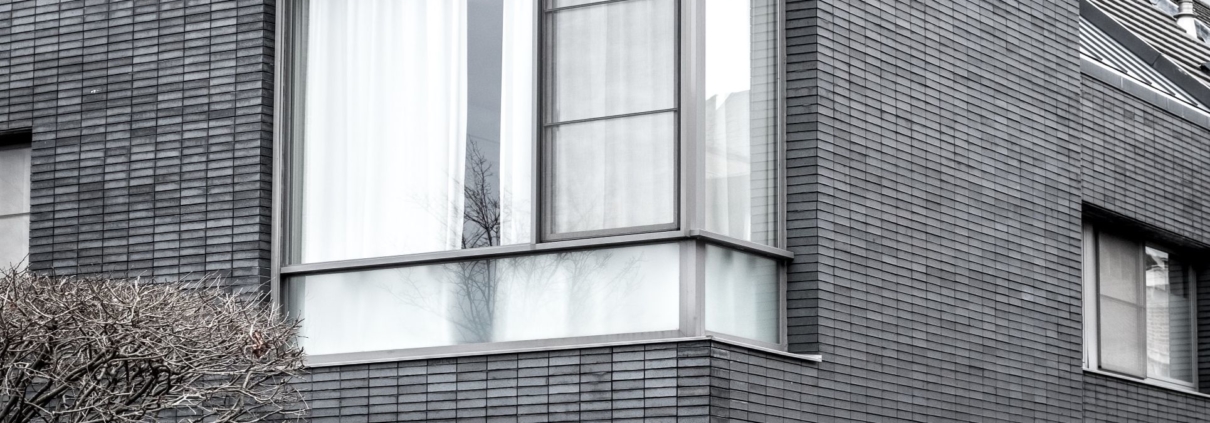An Ontario Homeowner’s Guide to Dealing With Bulging Bricks
After living in your home for a while now, you’ve most likely roamed around long frequently enough to the point where you know the different bits and bobs of the property.
From that weird stain on the driveway to the bathroom door that always makes noise, you’re wondering if there are any kinks of your home that you don’t know about yet. Over time, you’ve probably tried to remedy the issues or leave them be because they add character to your property.
Among the different signs and tiny little defects that you can run into when taking care of your home, however, there’s one that you shouldn’t overlook: Bulging bricks.
What is a bulging brick?
Best defined as a common masonry issue faced by most homeowners and professionals alike, a bulging brick is a problem and a warning sign of a much bigger problem in a wall or path.
Caused by water seeping through the mortar joints of a stone or brick wall, this problem is easily identifiable by the effect that infiltrated water swells cause, leading to the “bulging look.” In rare cases this same effect happens when the anchors holding the wall together end up rusting and causing the wall itself to loosen under pressure.
Here are some of the most common reasons bricks end up bulging from brick walls:
- Excess humidity in the wall cavities causing ice to form during the winter
- Deteriorating mortar joints allowing too much water to seep in
- Excess rust on anchors causing the wall to become loose
- Cracks in the wall
When does the problem typically occur?
Cases of bulging bricks are reported most frequently during the winter months. Although the problem takes place all throughout the year, bulging bricks are more frequent during colder times because of the mix of elements that cause everything to line up and allow moisture to penetrate mortar joints and wall anchors.
However, it is worth noting that experiencing such a problem during winter must be acted on right away because the problem can worsen and cause the whole wall to collapse!
If you suspect that you’re experiencing a bulging brick in your wall, feel free to call Ontario’s foremost masonry contractors at Red Robin Masonry for a speedy inspection!
How can you spot a bulging brick?
When it comes to spotting this costly problem before your wall completely collapses, the first sign to watch out for is an unusual swelling on the brick or stone wall itself.
Considering the significant amount of condensation that takes place during the colder months of the year, the amount of movement that a bulging brick goes through will be too noticeable to fully ignore. Apart from the presence of a swell in the wall, however, another clear sign of a bulging brick is when the windows are no longer leveled with a brick, or they seem higher up than they usually would.
Is it possible to prevent a masonry wall from bulging with paint?
At Red Robin Masonry, we often get inquiries from concerned homeowners regarding whether they can prevent brick wall swelling by painting the wall to “waterproof” it. In short, you must not do it because it’s a terrible idea, especially when you consider the masonry and structural side of things!
Admittedly, it may seem like a smarter idea to waterproof a brick wall by painting it because it “addresses” the root cause of a bulging brick. Although a fresh coat of paint will prevent water from seeping in the crevices, it also prevents moisture build-ups on the inside from making their way out, inadvertently accelerating the deterioration of your wall’s joints and anchors.
Conclusion
Among the seemingly-minor problems that your home can experience, none possibly bear a greater need to be assessed and properly dealt with than a bulging brick. Through this guide’s help, you can remedy the problem at hand in a more well-informed manner in no time and ensure that no unsightly or costly complications occur!
Are you looking for a brick repair service in Toronto for your bulging brick problem at home? Get in touch with the leaders in Toronto masonry services to see how we can help!




Leave a Reply
Want to join the discussion?Feel free to contribute!